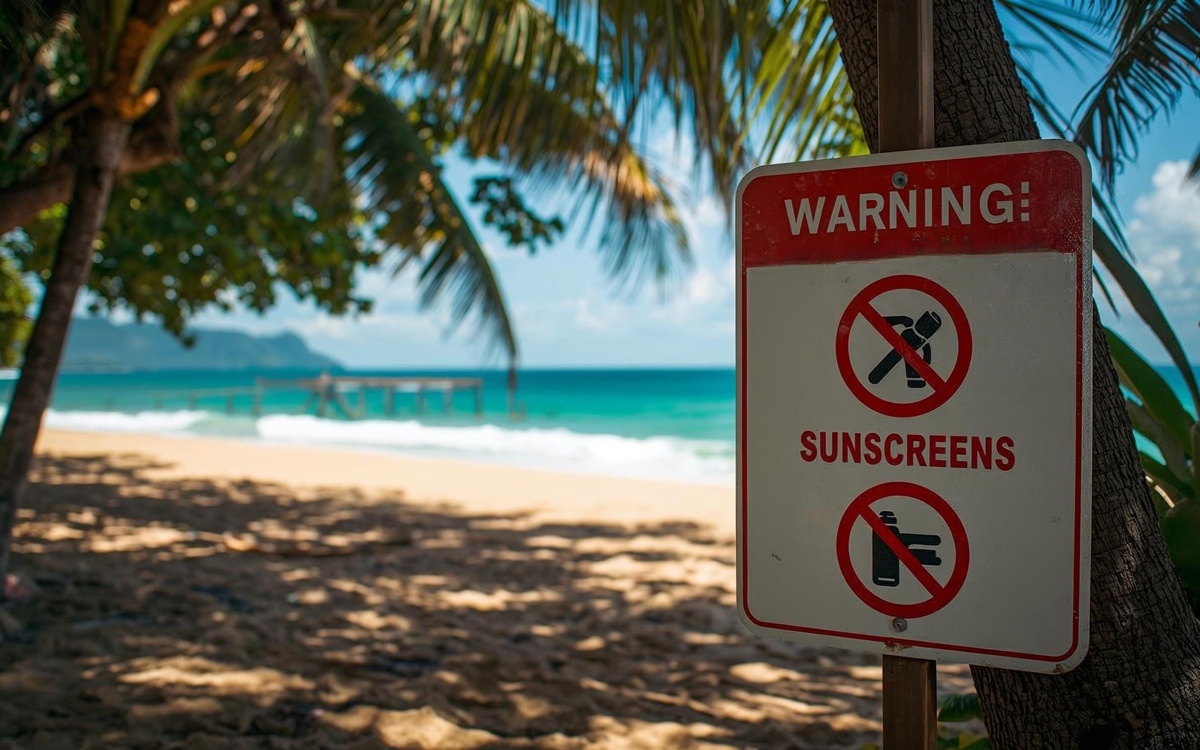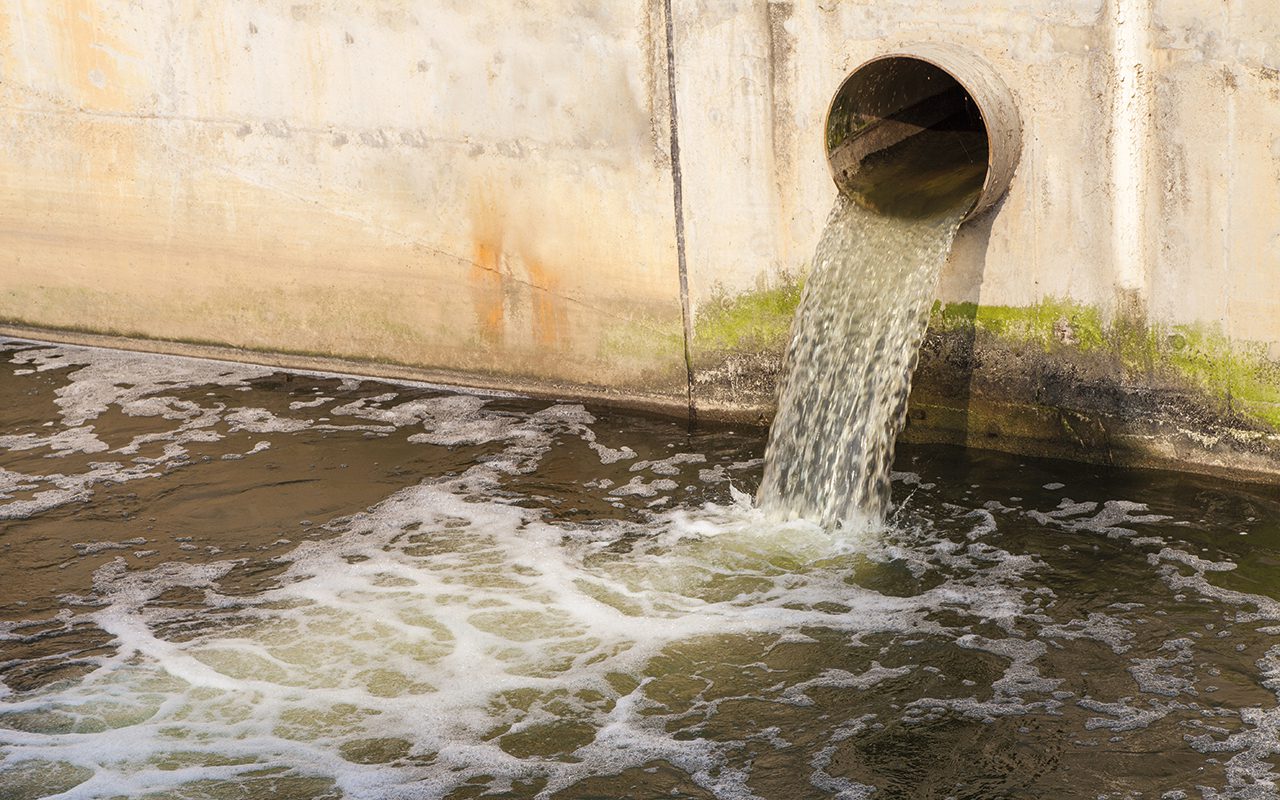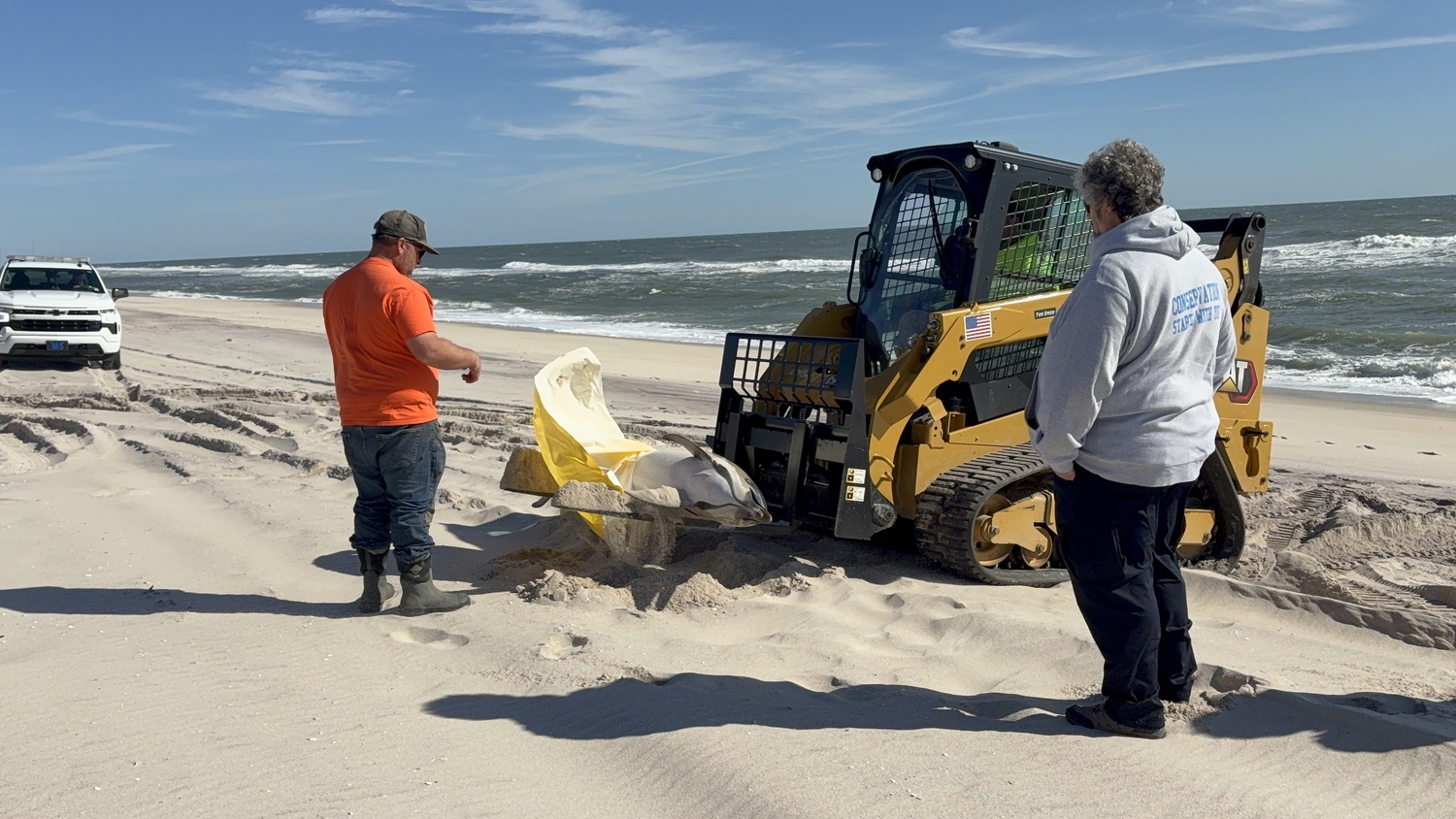Report on Thailand’s Measures to Protect Marine Ecosystems in Alignment with Sustainable Development Goals
Policy Implementation for SDG 14: Life Below Water
In a significant move to advance Sustainable Development Goal 14 (Life Below Water), Thailand’s Department of National Parks, Wildlife and Plant Conservation (DNP) has prohibited the use of sunscreens containing specific chemical compounds within its marine national parks. This policy directly addresses SDG Target 14.2, which calls for the sustainable management and protection of marine and coastal ecosystems to prevent adverse impacts and enhance their resilience.
The Director-General of the DNP, Atthaphol Charoenchansa, confirmed the ban, which is a critical measure to mitigate marine pollution from land-based activities, a key objective of SDG 14.
Banned Substances and Their Ecological Impact
The regulation specifically targets chemicals known to be detrimental to coral reef health. The scientific basis for the ban is the direct harm these substances cause to marine biodiversity, particularly coral ecosystems.
- Oxybenzone
- Octinoxate
- 4-Methylbenzylidene Camphor
- Butylparaben
According to official statements, these chemicals have been proven to impede the proper development of coral larvae, disrupt reproductive cycles, and contribute to coral bleaching. This degradation of coral reefs undermines efforts to conserve marine biodiversity and threatens the health and productivity of oceans, a core principle of SDG 14.
Promoting SDG 12: Responsible Consumption and Production
The DNP’s initiative extends beyond prohibition to actively promote sustainable consumption patterns among visitors, in line with SDG 12 (Responsible Consumption and Production). Tourists are strongly encouraged to adopt eco-friendly alternatives, such as sunscreens labeled “reef safe” or “reef friendly,” which are formulated to be non-toxic to marine life. This directive supports SDG Target 12.8, which aims to ensure people have the necessary information and awareness for sustainable lifestyles in harmony with nature.
Enforcement and Support for Sustainable Tourism (SDG 8)
To ensure compliance and the long-term success of this conservation effort, a clear enforcement framework has been established under Thailand’s National Park Act 2019.
- Regulatory Compliance: Visitors are mandated to adhere to all marine park regulations, including the sunscreen ban, maintaining a safe distance from corals, and proper waste disposal.
- Penalties: Violators of Sections 20 and 47 of the Act face fines of up to 100,000 baht.
- Monitoring and Awareness: Park authorities are tasked with monitoring compliance and educating the public on sustainable tourism practices.
These measures contribute to SDG 8 (Decent Work and Economic Growth), specifically Target 8.9, by promoting sustainable tourism that creates jobs while protecting local culture and environmental assets. By preserving the marine ecosystems that attract tourism, the policy ensures the long-term economic viability of the sector. The global context, highlighted by the severe coral decline in Australia’s Great Barrier Reef, underscores the urgency of such protective actions.
Identified Sustainable Development Goals (SDGs)
SDG 14: Life Below Water
- Explanation: This is the most prominent SDG in the article. The entire focus is on protecting marine ecosystems, specifically coral reefs within Thailand’s marine national parks, from the harmful effects of chemical pollution from sunscreens. The article explicitly states that certain chemicals “directly harm coral reefs by preventing coral larvae from developing properly, disrupting reproduction and contributing to coral bleaching.”
SDG 12: Responsible Consumption and Production
- Explanation: The article addresses consumption patterns by highlighting the negative impact of certain products (sunscreens with specific chemicals) on the environment. It promotes a shift towards sustainable consumption by urging visitors “to switch to eco-friendly alternatives labeled ‘reef safe’ or ‘reef friendly.'” This directly relates to ensuring consumers have the information to make environmentally conscious choices.
SDG 8: Decent Work and Economic Growth
- Explanation: While less direct, this SDG is relevant through its focus on sustainable tourism. The article mentions that park authorities are directed to “raise awareness about sustainable tourism practices” and that the preservation efforts are about “preserving the beauty that draws people here in the first place.” This connects the protection of natural assets to the long-term viability of the tourism economy.
Specific SDG Targets Identified
Targets under SDG 14: Life Below Water
- Target 14.1: By 2025, prevent and significantly reduce marine pollution of all kinds, in particular from land-based activities, including marine debris and nutrient pollution.
- Connection to Article: The ban on sunscreens containing “oxybenzone, octinoxate, 4-methylbenzylidene camphor and butylparaben” is a direct policy action to prevent and reduce chemical pollution from a land-based activity (tourism) within marine environments.
- Target 14.2: By 2020, sustainably manage and protect marine and coastal ecosystems to avoid significant adverse impacts… and take action for their restoration.
- Connection to Article: The regulations, including the sunscreen ban and rules against contacting corals and improper waste disposal, are measures to sustainably manage and protect the coral reef ecosystem. The stated goal is to prevent “significant adverse impacts” like coral bleaching and death.
Target under SDG 12: Responsible Consumption and Production
- Target 12.8: By 2030, ensure that people everywhere have the relevant information and awareness for sustainable development and lifestyles in harmony with nature.
- Connection to Article: The Department of National Parks (DNP) is actively working to inform and raise awareness among tourists. The article states, “The DNP is urging visitors to switch to eco-friendly alternatives” and that authorities will “raise awareness about sustainable tourism practices.”
Target under SDG 8: Decent Work and Economic Growth
- Target 8.9: By 2030, devise and implement policies to promote sustainable tourism that creates jobs and promotes local culture and products.
- Connection to Article: The implementation of the National Park Act 2019, which includes fines for non-compliance and directives to “raise awareness about sustainable tourism practices,” represents a policy designed to make tourism in these parks sustainable, thereby protecting the natural assets that the industry depends on.
Indicators for Measuring Progress
Indicators for SDG 14 Targets
- Indicator for Target 14.1: The article implies a policy-based indicator: the enactment and enforcement of a ban on specific chemical pollutants (oxybenzone, octinoxate, etc.) in sunscreens used within marine national parks.
- Indicator for Target 14.2: The article implies ecological and regulatory indicators.
- Ecological: The reduction in coral bleaching events and the successful development of coral larvae.
- Regulatory: The number of fines issued under the National Park Act 2019 for violations, indicating enforcement of protection measures.
Indicator for SDG 12 Target
- Indicator for Target 12.8: The article suggests an activity-based indicator: the implementation of awareness campaigns for tourists about sustainable practices and the promotion of “reef safe” product alternatives.
Indicator for SDG 8 Target
- Indicator for Target 8.9: The article points to a policy implementation indicator: the existence and enforcement of regulations and policies promoting sustainable tourism within the marine national parks, as detailed in the National Park Act 2019.
Summary of SDGs, Targets, and Indicators
| SDGs | Targets | Indicators Identified in the Article |
|---|---|---|
| SDG 14: Life Below Water |
14.1: Reduce marine pollution from land-based activities.
14.2: Sustainably manage and protect marine and coastal ecosystems. |
– Enactment of a ban on specific harmful chemicals in sunscreens.
– Reduction in coral bleaching and death. |
| SDG 12: Responsible Consumption and Production | 12.8: Ensure people have information and awareness for sustainable lifestyles. | – Implementation of awareness campaigns urging visitors to use “reef safe” alternatives. |
| SDG 8: Decent Work and Economic Growth | 8.9: Devise and implement policies to promote sustainable tourism. | – Implementation and enforcement of policies for sustainable tourism practices under the National Park Act 2019. |
Source: qazinform.com







